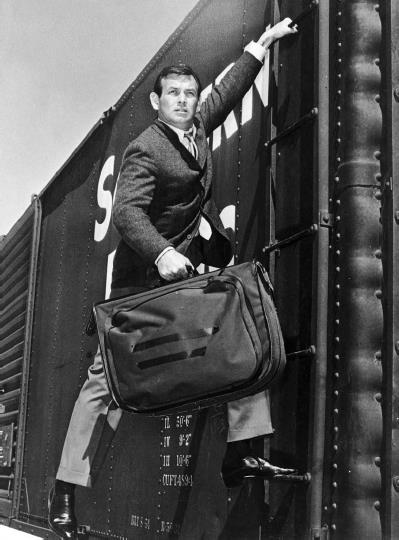The Warren Court strengthened the authority of the police by upholding the practice of “stop and frisk” in its 1968 decision Terry v. Ohio. The Court noted that the Fourth Amendment does not prohibit all searches and seizures but only “unreasonable searches and seizures.” The Court reasoned that if a police officer reasonably believes that individuals pose a safety risk to the officer or to the general public, the officer may “conduct a carefully limited search of the outer clothing of such persons in an attempt to discover weapons which might be used to assault him.”

Actor David Janssen in a scene from TV’s The Fugitive. The television series was inspired by the Sam Sheppard case, in which the U.S. Supreme Court ruled that the defendant was wrongfully convicted of the murder of his wife because of the failure to secure an impartial jury. Hulton Archive/Getty Images.

